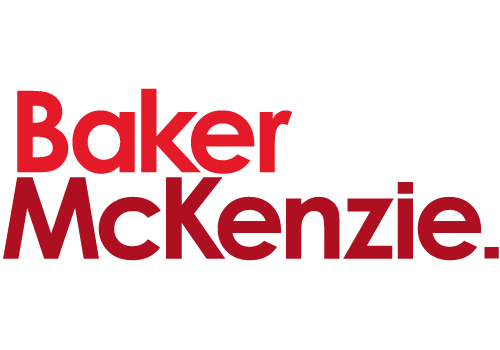Aimed at harmonization with EU legislation, fresh amendments to the Ukrainian patent laws have introduced a number of long-awaited instruments, such as oppositions against patent applications, post-grant oppositions and supplementary protection certificates.
On 5 July 2020, the Law of Ukraine "On Amendments to Certain Laws of Ukraine Concerning Elimination of Artificial Bureaucratic Barriers and Corruption Factors in Health Care" ("Law 644-IX") became effective. Following that, the Parliament of Ukraine also adopted the Law "On Amendments to Certain Legislative Acts Concerning the Reform of Patent Law" ("Law 816-IX"), which came into force on 16 August 2020.
The local professional community mainly welcomed the changes, although there is still ongoing debate with regard to the Bolar-like exemption regime and measures taken against evergreen patents. Therefore, it is highly recommended that all stakeholders keep an eye on the situation with further implementation of the new laws.
Key takeaways
Among the novelties introduced by Law 816-IX, the most noteworthy are the following.
Non-patentable technology
Law 816-IX excludes substance from the scope of utility model protection, now only a device or process can be protected as a utility model.
In addition, it extends the list of nonpatentable objects, which now also includes, among others: (a) methods for treatment of the human or animal body by surgery or therapy and diagnostic methods; (b) processes for cloning human beings; (c) processes for modifying the germ line genetic identity of human beings; (d) uses of human embryos for industrial or commercial purposes; (e) the human body, at the various stages of its formation and development, and the simple discovery of one of its elements, including the sequence or partial sequence of a gene; (f) processes for modifying the genetic identity of animals that are likely to cause them suffering without any substantial medical benefit to man or animal, and also animals resulting from such processes. As standalone objects, discoveries, scientific theories, mathematical methods, methods for doing business, computer programs, form of information presentation, the appearance of products aimed at satisfying aesthetic needs also cannot be considered as inventions or utility models.
To combat evergreen patents, Law 816-IX stipulates that new forms of a known medicinal product, including salts, esters, ethers, complexes, combinations, and other derivatives, polymorphs, metabolites, pure form, particle size, isomers, may be considered prior art unless the new form of the known medicinal products differs significantly from the original medicinal products with respect to efficacy.
E-prosecution
The possibility of e-prosecution, including e-filing, is also now fixed at the legislative level.
Pre-grant opposition
Any person is allowed to submit a reasoned opposition against a patent application for an invention. It should be submitted no later than six months after the application's publication date and based on the grounds that the applied-for invention does not:
- belong to nonpatentable objects
- contradict public order and generally accepted principles of morality
- meet the criteria for patentability
Post-grant opposition
Patents may be invalidated through administrative proceedings held by the Appellate Chamber. Any person may file such a request if the patented object does not meet the patentability criteria; however, different opposition deadlines apply, depending on the type of patent:
- patent for invention — nine months after publication of information on state registration of an invention
- patent for utility model — no limitations (the request may be filed either during the patent validity term or after its expiration)
The Appellate Chamber will consider the opposition within four months of its receipt. This term may be extended for two months upon request of either party subject to payment of the official fee. Either party may also challenge the chamber's decision in court within two months of receipt of such decision.
This new procedure also applies to the patents issued prior to Law 816-IX's entry into force, but new criteria for patentability cannot be used as grounds for opposing these patents.
Supplementary protection
The holder of a patent for an invention is now entitled to extend the validity of its IP rights by obtaining a supplementary protection certificate (SPC). This mechanism applies only to the following categories of patented objects: active pharmaceutical ingredient of a medicinal product, or process of obtaining or using a medicinal product, animal or plant protection product, which are subject to the marketing authorization procedure.
The holder of a patent can only obtain an SPC in Ukraine if a Ukrainian marketing authorization application is filed within one year after the filing of the first marketing authorization application in another country.
The request for an SPC should be lodged within six months of either the date on which the patent is granted or the date on which the first marketing authorization is obtained (whichever is later). If it is granted, an SPC can extend a patent right for a maximum of five years. A six-month additional extension is available if an SPC relates to a medicinal product for children.
Although an SPC is aimed at providing the same rights as a patent, there are certain allowed acts with respect to the protected object that may be done by the third parties during the supplementary protection period. If the statutory requirements are met, the following acts will not constitute an infringement of the SPC holder's rights:
- the making of a product, or a medicinal product containing that product, for the purpose of export to third countries, or any related act that is strictly necessary for the same
- the making, no earlier than six months before the expiry of the SPC, of a product, or a medicinal product containing that product, for the purpose of storing it in order to put it on the market after the expiry of the corresponding SPC, or any related act that is strictly necessary for the same
Bolar-like exemption
The new Law 644-IX introduced a Bolar-like exemption in Ukraine that is expected to help accelerate the process of introducing generic medicines to the Ukrainian market. This exemption allows use of patented invention/utility model by third parties without permission of the patent owner for:
- import of goods protected by an invention (utility model) into Ukraine for research
- use of an invention (utility model) in the research conducted for the purposes of preparation and submission of information for registration of a medicinal product
Background
The last few months have been marked by a series of significant changes in the Ukrainian IP legislation framework. In addition to institutional reform, the new amendments have been enacted to harmonize the current IP legal landscape with the EU and introduce a number of much-anticipated novelties. To find out more about the key changes, please also see our legal alerts below.



























